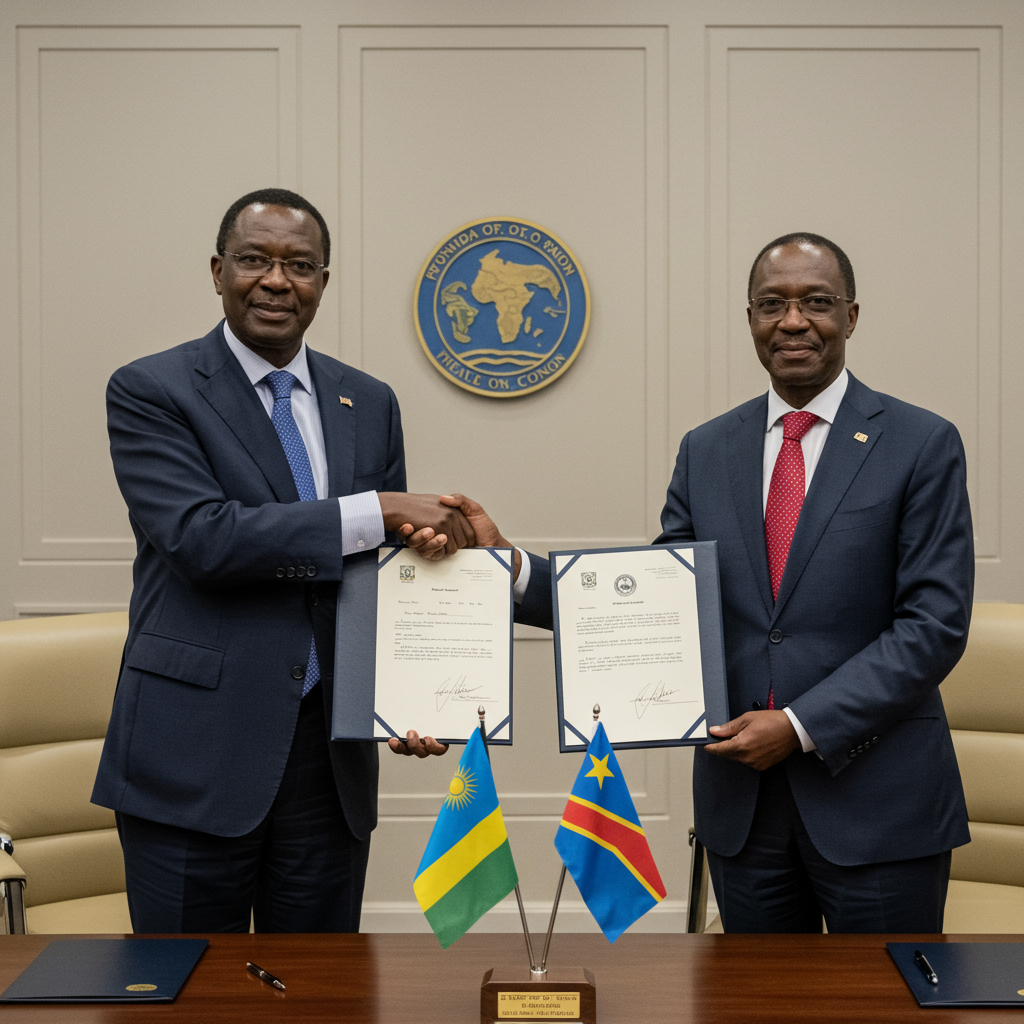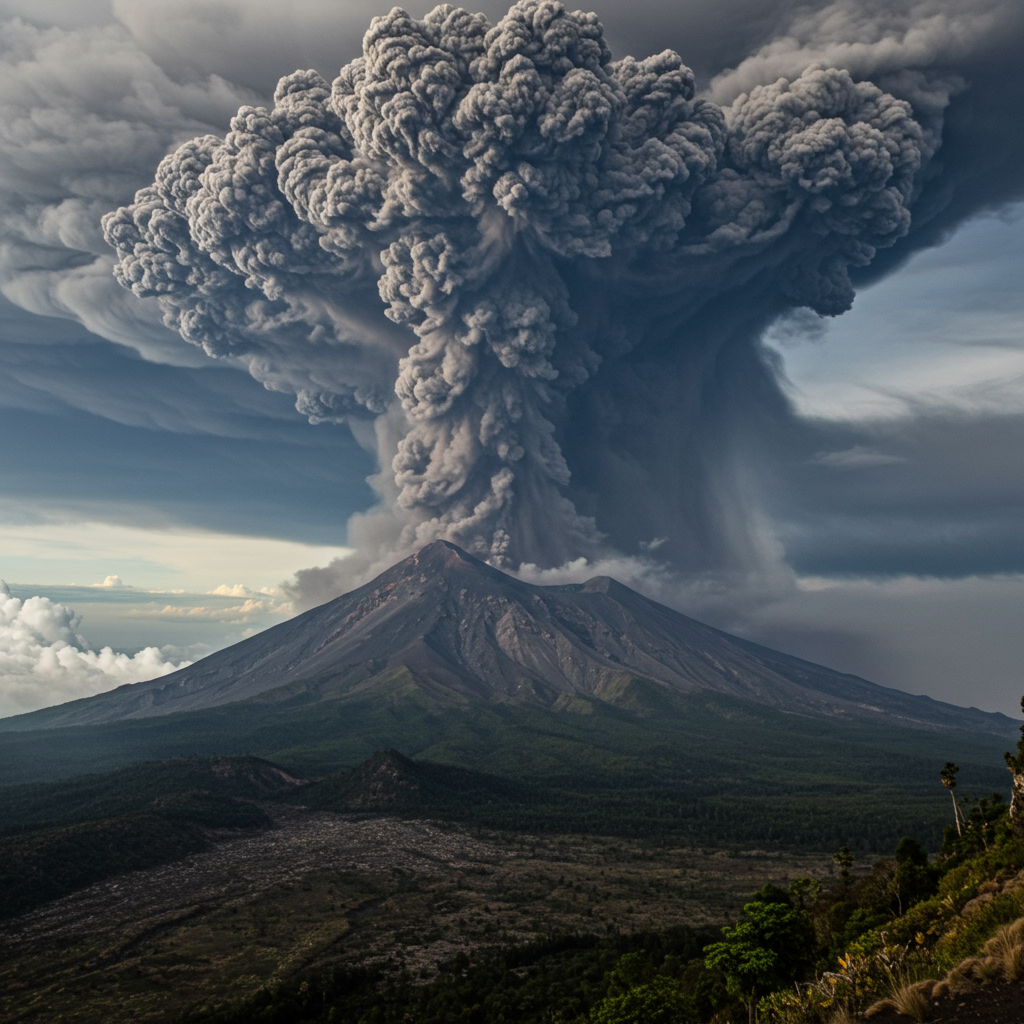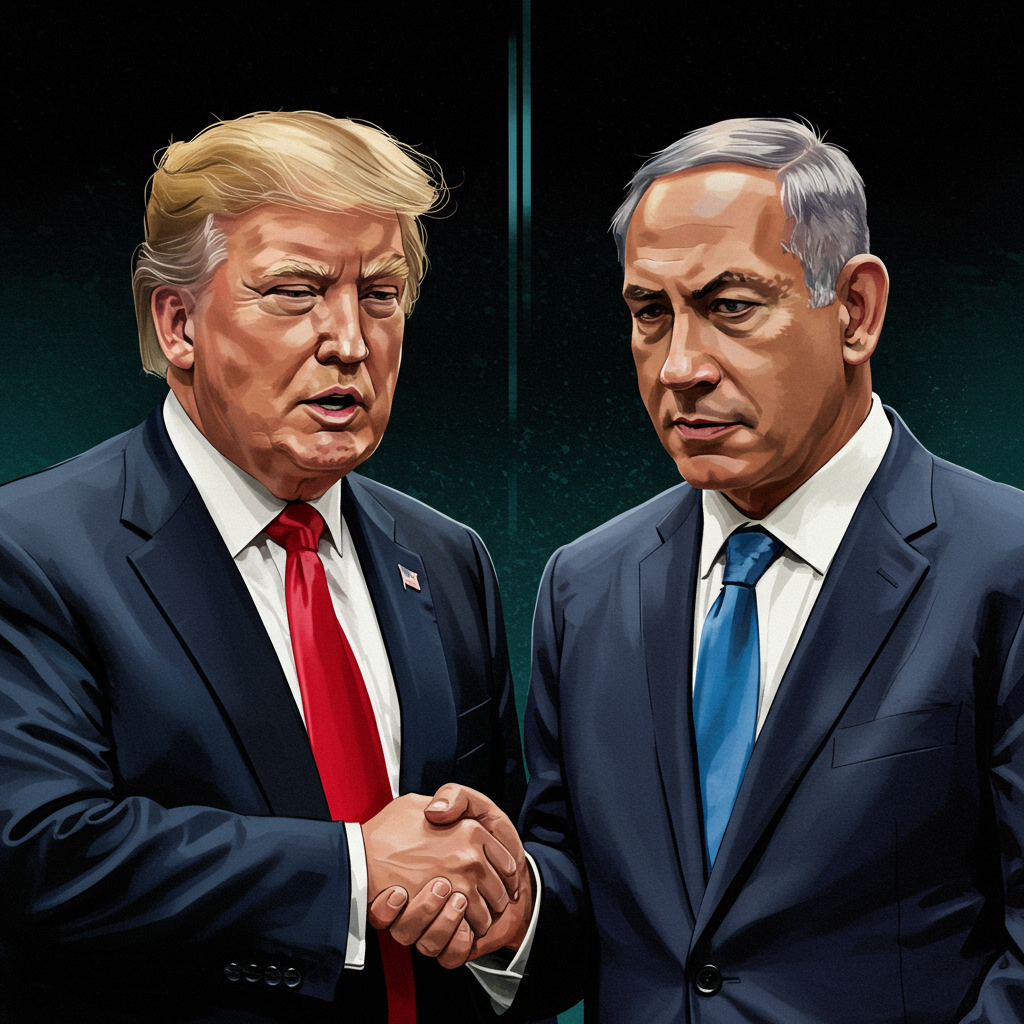Breakthrough in DR Congo Conflict: Rwanda and Kinshasa Reach Draft Peace Agreement
After decades of often-intense conflict, officials from Rwanda and the Democratic Republic of Congo (DR Congo) have reached a significant breakthrough, agreeing on a draft peace deal aimed at ending hostilities in eastern DR Congo. The provisional agreement, mediated by the United States and Qatar, was initialled by technical teams in Washington, D.C., on Wednesday, setting the stage for a formal ministerial signing ceremony expected on Friday, June 27, to be witnessed by US Secretary of State Marco Rubio.
This draft accord emerges from three days of “constructive dialogue” covering political, security, and economic interests between the two nations, building upon a previous declaration of principles signed in April.
Key Provisions of the Draft Deal
The proposed agreement outlines a framework intended to address the root causes and ongoing dynamics of the conflict. Key provisions reportedly include:
Disengagement, Disarmament, and Conditional Integration: Measures for various non-state armed groups operating in eastern DR Congo, including the prominent M23 rebels.
Joint Security Mechanism: Establishment of a collaborative approach to prevent future escalations and foster stability.
Respect for Territorial Integrity: Explicit commitment from both sides to uphold each other’s sovereignty.
Prohibition of Hostilities: Agreement to cease direct conflict between the parties.
Return of Refugees: Provisions intended to facilitate the safe return of refugees and internally displaced persons.
Understanding the Conflict
The conflict in eastern DR Congo is complex, fueled by numerous armed groups, ethnic tensions, and intense competition for control over vast mineral resources. While spanning thirty years, it saw a significant escalation this year following advances by the M23 rebel group.
Accusations fly between Kigali and Kinshasa. DR Congo alleges that Rwanda provides significant support, including troops and arms, to the M23 rebels, a claim Rwanda vehemently denies. Rwanda maintains its military presence near the border is defensive, aimed at countering threats from groups like the FDLR – a rebel group composed largely of ethnic Hutus with ties to the 1994 Rwandan genocide targeting Tutsis. Conversely, Rwanda accuses the Congolese government of backing the FDLR, which DR Congo denies.
The M23’s offensive has had devastating humanitarian consequences, leading to the capture of strategic cities like Goma (in January) and Bukavu, establishing governing structures in occupied areas. This has resulted in thousands killed and hundreds of thousands displaced, exacerbating an already dire humanitarian situation. Reports from human rights organizations like Amnesty International and statements from the UN High Commissioner for Human Rights have highlighted widespread abuses, including torture and killings of civilians, allegedly committed by the M23, DRC troops, and allied armed groups.
Economic Potential and Mediation Efforts
Eastern DR Congo is one of the world’s richest regions in vital minerals crucial for global electronics and green energy technologies, including coltan, cobalt, copper, gold, lithium, and tantalum. An end to the conflict could potentially unlock billions of dollars in Western investment aimed at stabilizing and developing this resource-rich area, a prospect US Secretary of State Marco Rubio characterized as a “win-win.”
The path to this draft agreement has been challenging, marked by a history of failed peace initiatives. Previous efforts, notably under Angolan mediation last year, saw experts reach agreements on troop withdrawal and joint operations, but these were not endorsed by ministers. Angola eventually stepped down in March after multiple unsuccessful attempts. The current US-facilitated process follows multiple failed truces agreed upon by regional countries since 2021.
Challenges and Unanswered Questions
While the draft deal offers a glimmer of hope, many critical questions surrounding its implementation and specifics remain unanswered, tempering optimism. Uncertainties include:
Will the M23 rebels genuinely withdraw from the significant territories they currently occupy?
Does the commitment to “respect for territorial integrity” imply Rwanda admitting to having troops in eastern DR Congo and agreeing to withdraw them?
Will the provision for the “return of refugees” effectively facilitate the safe return of thousands of Congolese from neighboring countries?
Does the “disarmament” clause ensure the M23 will fully lay down their arms, and crucially, who will oversee the disarmament of other groups like the FDLR, given previous failures?
Will humanitarian access measures, such as potentially reopening Goma airport for aid supplies, be fully realized?
The history of broken ceasefires and unenforced agreements in the region underscores the difficulty of achieving lasting peace. The successful implementation of this draft agreement will require sustained commitment and trust-building from all parties involved. The formal signing next week represents the next crucial step in a long and complex process.



